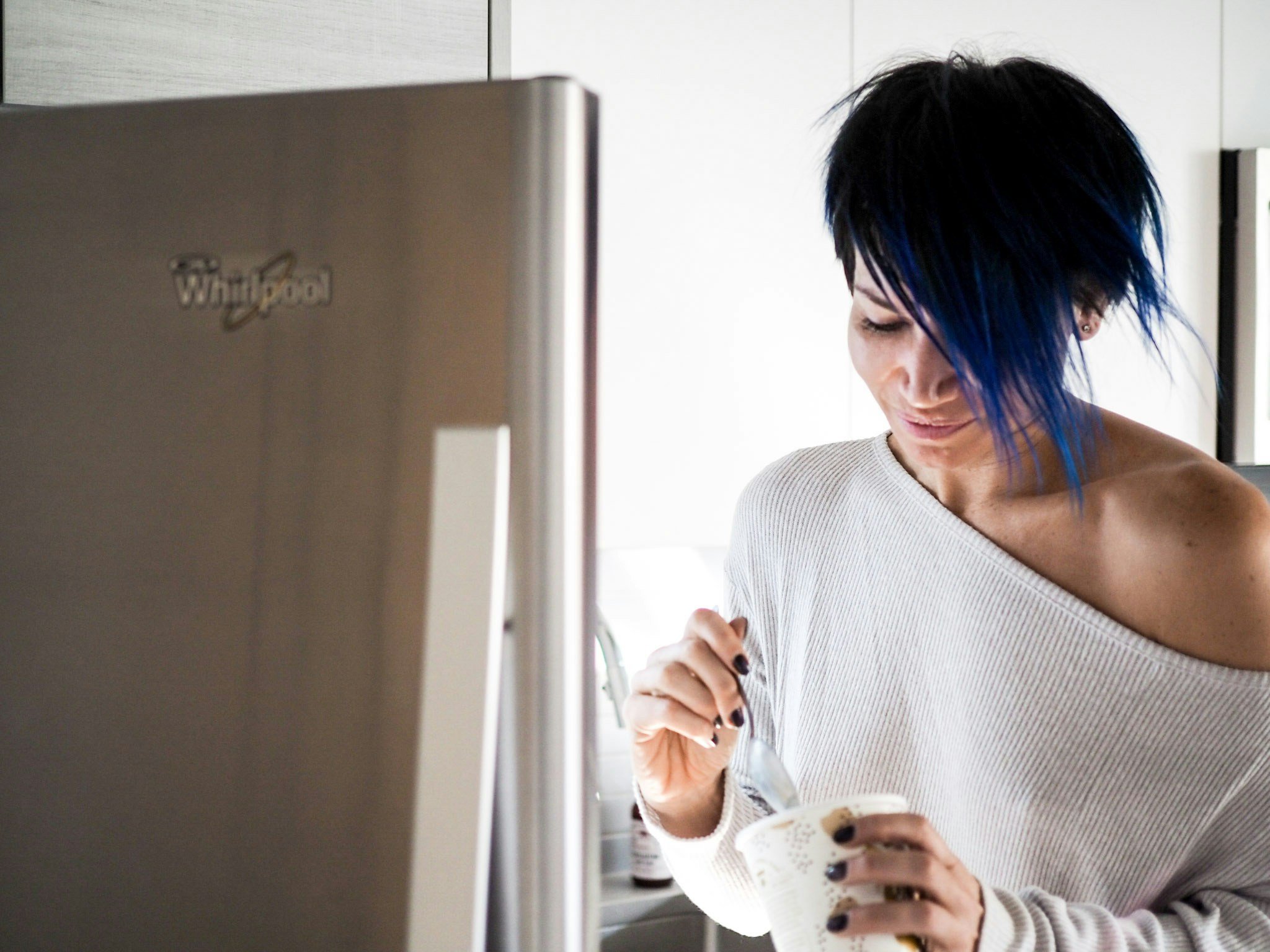By Caitlin Hopkins, LMSW
As a therapist for the women, I have noticed one unfortunate, heart-wrenching truth: no matter what she originally came to therapy for, somewhere woven within her story will be a disordered eating thought, experience or belief.
These false beliefs, (such as that small bodies are better bodies) are rooted in misogyny, diet culture and unrealistic beauty standards. They are so engrained in society that many times at first glance, clients don’t even realize their harm. A few examples of normalized disordered thoughts and phrases that perpetuate this harmful “thin ideal”:
“Sweating for the wedding.”
We do not need to make our bodies smaller to be worthy of marrying, nor do we need to lose weight to fit into a dress. Dresses are made to fit our bodies, as they are, not the other way around.
Postpartum women “getting their body back.”
You just created life. You are magic. You are never going to be the person you were before having a child, and neither is your beautiful body. Accept her. Celebrate her.
Restricting or excessively exercising before holiday meals.
Food does not need to be earned. This transactional practice of “now that I’ve burned the calories, I can have the meal” is a harmful, slippery slope, and one to be very mindful of.
These beliefs – especially when coupled with extreme stress, depression, and/or anxiety – have the potential to manifest in more dangerous behaviors and an eating disorder diagnosis.
If these messages are so prevalent in society, what is the difference between someone who has fallen victim to diet culture beliefs about bodies, and someone who has an eating disorder? When should they seek professional help?
The major distinction here is the amount of space these thoughts take up in your mind, and if they result in drastic behaviors to change your body. It is time to seek professional help if your daily quality of life is impacted. For example, if you are obsessing over the next meal, feel anxious about social events that focus on food, lie about or hide your eating habits from others, repeatedly check your body in the mirror, weigh yourself over and over again throughout the day, or if you are engaging in any behaviors that feel unsafe or extreme (restricting, binging, purging, excessive exercise).
Ultimately, whether you are someone who has an eating disorder or someone whose body image has been negatively impacted by these unrealistic societal beauty standards, your relationship with food and your body could benefit from some healing. We all deserve to enjoy food, celebrate our bodies for all they can do and accept the skin we’re in: stretch marks and all.


